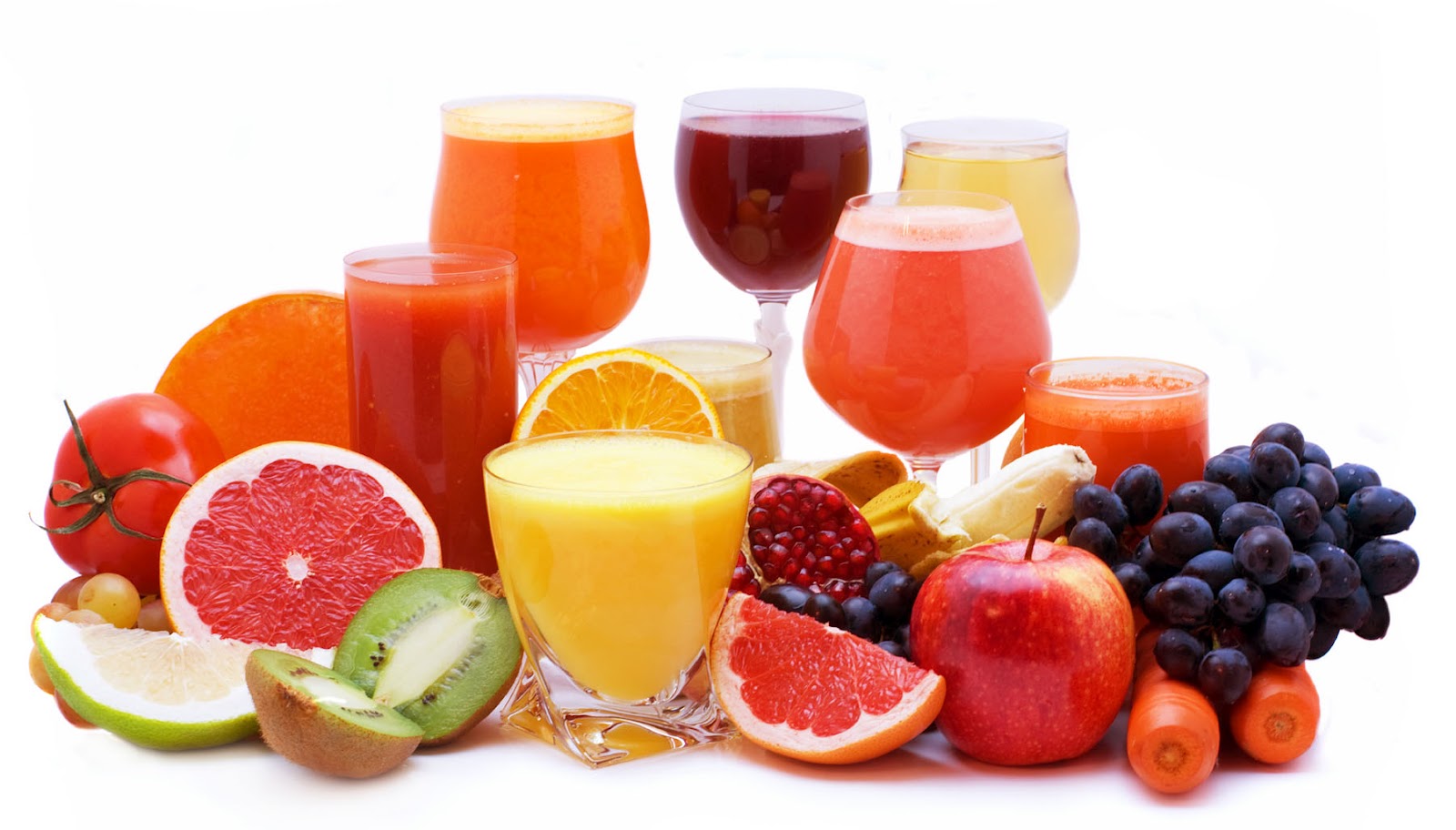Biotechnology experts say lack of collaboration in the face of limited resources will hamper the efficiency and effectiveness of the use and application of biotechnology in Nigeria.
The experts told the News Agency of Nigeria in separate interviews on Friday in Abuja that only synergy would help the nation achieve food security.
Dr Rufus Ebegba, the Director-General, National Biosafety Management Agency (NBMA), said that modern biotechnology was becoming increasingly important in addressing emerging food security, social and economic challenges.
“With its perceived and real unintended consequences, regulatory agencies and stakeholders must unite with a sense of purpose, vision, mission and determination to ensure that our nation reap the benefits of biotechnology.
“We have an excellent working relationship with, and Memorandums of Understanding with agencies like NAFDAC, SON, the Nigerian Customs Services, NABDA, ARCN, Ministries of Environment, Health and others.
“We have been organising workshops and involved in seminars that encourages effective collaboration with other regulatory Ministries, Departments and Agencies (MDAs) on the use and application of biotechnology.
“This is part of our effort to keep Nigerians abreast of laid down internationally accepted procedures for verification of GM foods and Feed Safety; and determine the future activities to build necessary capacity in the Nigeria biosafety regulatory system,’’ he said.
He said that the agency had put in place world class measures, equipment and international arrangements that ensured the practice of modern biotechnology in Nigeria was one of the safest in the world.
Prof. Benjamin Ubi, the President, Biotechnology Society of Nigeria (BSN), said collaboration in the adoption of biotechnology would facilitate sustainable agricultural production in the country.
He said that the adoption of biotechnology applications was the panacea to the current food challenges facing the country.
“Biotechnology, including genetic engineering and production of Genetically Modified Organisms (GMOs), provides powerful tools for the sustainable development of agriculture, fishery and forestry, as well as meeting the food needs of the population.
“GMOs currently account for about 16 per cent of the world’s crops, particularly crops like soybean, maize, cotton and canola, and there are indications that the growing trend will continue.
“So, we must eat what we grow and grow what we eat. This means we ought to produce more and agricultural biotechnology is a tool for achieving this,’’ he said.
Ubi also pledged the support of the BSN for the efforts of National Biosafety Management Agency (NBMA) to harness the potential of modern biotechnology.


